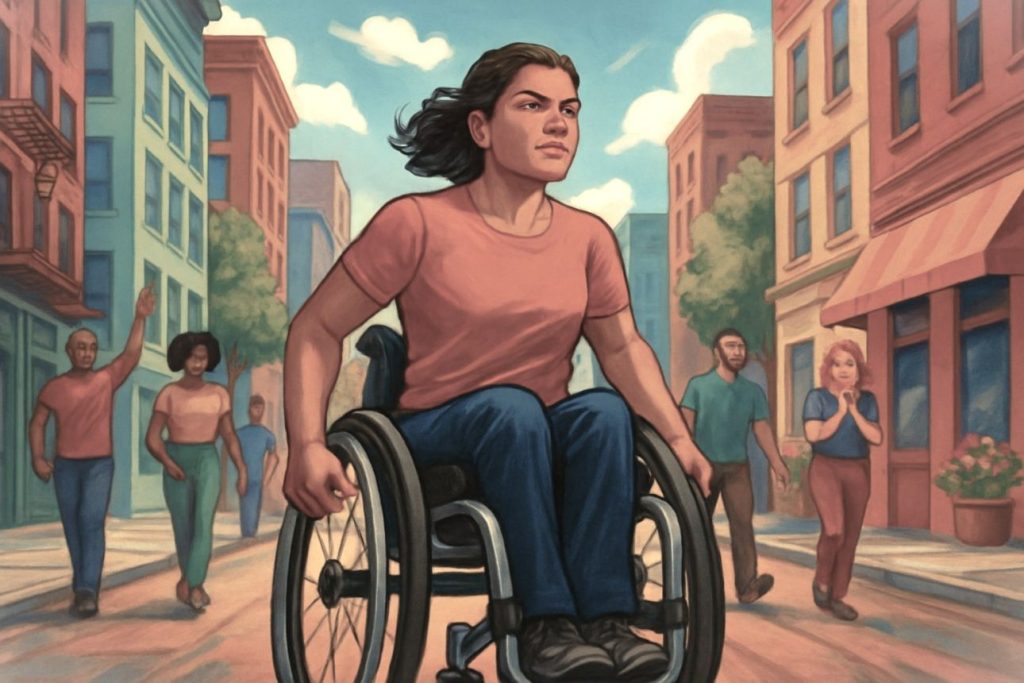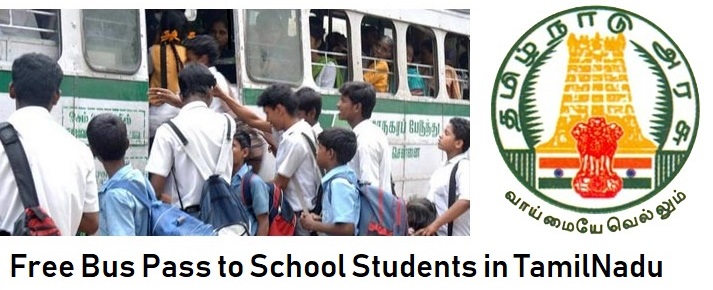The Physically Handicapped Pension Scheme (also known as the Destitute Differently‑Abled Pension Scheme) is implemented by the Tamil Nadu Government through the Social Welfare and Nutritious Meal Program Department. It is intended to offer vital financial support to individuals who are differently‑abled, destitute, or have severe disabilities. The scheme aims to uphold dignity and ensure basic living essentials for those who lack any source of income or property. As of 2023, the monthly pension has been raised to ₹1,500, reflecting the government’s ongoing commitment to social welfare reform.

Eligibility and Scope of the Pension
Individuals must meet specific eligibility criteria. Firstly, applicants should be at least 45 years old and have a disability level of 60 % or higher. Permanent blindness or loss of both legs waives the age requirement, and no medical certificate is required in such cases. Additionally, the applicant must not have any source of income, and property ownership must not exceed ₹5,000. Habitual beggars or those financially supported by grown sons or grandsons are disqualified. The disability certificate and other documents must be presented when applying through a Special Tahsildar or Village Administrative Officer.
Pension Application Process
The process has been made as accessible as possible. Applicants may obtain required forms from Special Tahsildars or Village Administrative Officers and must submit self-attested copies of Aadhaar, disability certificate, proof of age, bank passbook, and other supportive documents. Upon submission, office staff issue acknowledgment receipts containing submission date and reference number. Follow-up is advised when there are delays or missing payments. In case the pension abruptly stops, beneficiaries are typically not required to reapply. The respective Tahsildar or District Collector’s office handles backlog claims and arrears. You can also visit E-savai Centers across Tamil Nadu to apply for the physically Challenged / disabled / Differently abled / Handicapped Pension Scheme.
How to get destitute physically handicapped pension in Tamil Nadu ?
Eligibility Requirements for the Destitute physically handicapped pension Scheme in Tamil Nadu
- The age limit of the person who apply for this scheme must be above 45 years.
- The person with minimum of 50% disability can apply for this pension.
- They must have no source of income.
- The person who apply for this scheme must not be a professional beggar.
- The person must not be supported financially by son or grand son aged above 20 years.
- If the person has to avail this pension scheme without considering their age limit then they have to be recommended by the District Committee constituted by the District Collector, District Social Welfare Officer and District Medical Officer. If the District Committee constitute recommends, then age limit will not be a constrain to get this pension.
- The person should not posses any property worth more than Rs.5,000/-
- The person with total blindness can get this pension without any age limit.
- The person who lost both their legs do not need any medical certificate to get this pension.
Documents Required for Availing the Destitute physically handicapped pension
1. Passport size photo
2. Aadhaar card
3. Ration card
4. Photocopy of medical certificate from specialized doctors
5. Community certificate
Whom to Contact for Availing the Destitute physically handicapped Pension ?
This scheme comes under the department of ‘Social Welfare and Nutritious Meal Programme Department’. If person fulfills the above requirement, then he is eligible to get this pension. So in order to avail this facility he has to contact Tahsildar/Special Tahsildar (Social Security Scheme) in the respective revenue / Corporation office.
How much pension does destitute physically handicapped gets in Tamil Nadu ?
In Tamil Nadu Destitute Physically Handicapped persons whose disability is more than 50 per cent and blind persons will get the amount of Rs.1000/- per month
Which is the department responsible for monitoring the destitute physically handicapped pension scheme in Tamil Nadu ?
The Destitute Physically handicapped pension in Tamilnadu is distributed through Social Welfare and Nutritious Meal Department. To avail this facility, you have to contact Tahsildar/Special Tahsildar (Social Security Scheme.)
Suddenly Destitute Handicapped Pension Stopped, What can i do ?
No Problem, You need not to reapply again. Contact your respective Taluk Tahsildar / District Collector office to get all the dues in time.
Benefits Offered by Physically handicapped Pension
Recipients are provided with a monthly pension of ₹1,000, along with in‑kind benefits, including free festive clothing (a saree for women during Pongal or Deepavali; a dhoti for men) and rice via Anganwadi Centres. The rice entitlement ranges from 2 kg to 4 kg per month, depending on the beneficiary’s participation in the nutrition meal programme. Though the pension is supported by state funds entirely, additional assistance may be offered under central schemes depending on the beneficiary’s status.
However, effective January 2023, the monthly disability pension was increased to ₹1,500 for those eligible under the Indira Gandhi National Disability Pension Scheme (IGNDPS). Grants under this central-state shared scheme are credited directly into bank accounts. That enhancement reflects rising cost-of-living pressures and the government’s intent to benefit larger numbers.
Social Impact and Recent Enhancements on handicapped Pension Scheme
This pension scheme is particularly beneficial in rural and marginalized communities where basic livelihood needs are unmet. According to official data, by March 2024, over 34 lakh beneficiaries were receiving pensions under various social security schemes, including disability pensions. The pension hike to ₹1,500 applies to more than 4.39 lakh differently‑abled persons. Significant budget allocations over ₹1,400 crore in the state budget were allocated in FY 2023‑24 for differently‑abled welfare initiatives.
Moreover, beyond monetary aid, the state supports rehabilitation efforts, barrier free infrastructure, employment opportunities, and early intervention for children with disabilities. Legislative and institutional policies have been formulated since the 1990s to ensure that differently‑abled persons are included in mainstream social life.

